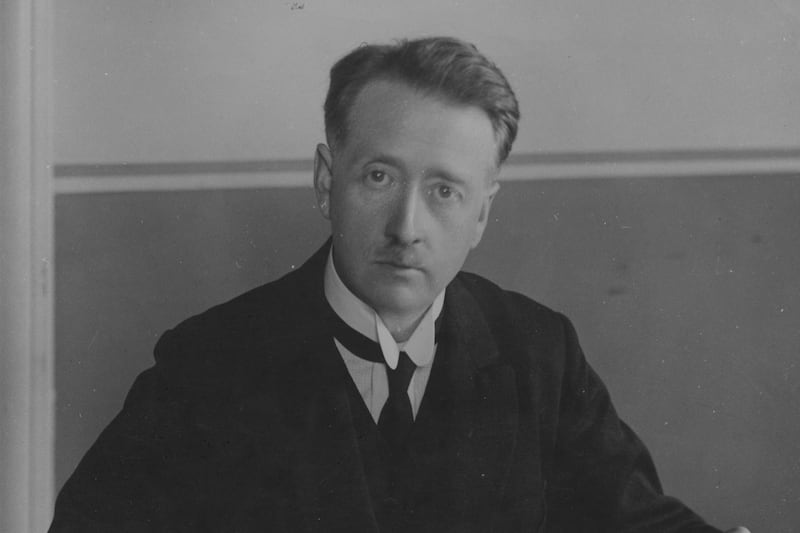May 28 1924
The followers of the sport of cockfighting had “the time of their lives” on Monday, when some thousands assembled in the vicinity of Killamonaghan, about four miles from Monaghan, on the Armagh border.
It was the opening of the season, and had been kept very quiet. Last year cockfighting became the special subject of public announcement, and even bell-ringers announced the series of mains when they were held, but not a word was to be heard on this occasion.
All went well for a few hours, with honours even, but shortly after midday the Civic Guard, under Superintendent Jeremiah Murphy, Monaghan, swooped down on the crowd, which scattered in all directions.
Later in the evening an attempt was made to cross the border and continue the battle in the six counties; but the Specials were soon on the border line, and although the “sports” did everything they could to carry off further battles, they did not succeed, and the proceedings had to be abandoned at an advanced hour.
Although illegal in both jurisdictions, cockfighting was enjoyed by members of both nationalist and unionist communities north and south and organisers regularly used the border as a method of avoiding the law.

How Many Specials in North?
Mr Cahir Healy asked the Secretary of State for War if he had received any report from the general commanding in Northern Ireland, or would he ask for any as to the number of fully-armed men in the A, B, and C class respectively of the Special Constabulary in that area; the number of rifles, machine guns, and other equipment they possess, which were allocated from military stores, and the number transferred from the late Royal Irish Constabulary force.
Mr Rhys Davies, who replied, said any question with regard to numbers, organisation, and equipment of the Special Constabulary in Ireland is not a matter for the Imperial Government, but for the Government of Northern Ireland on whom Parliament has, by the Government of Ireland Act, placed the responsibility for the maintenance of law and order.








